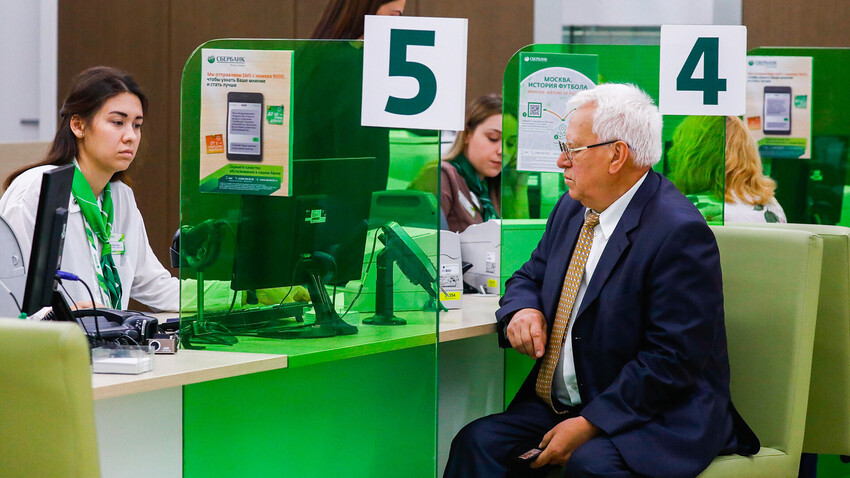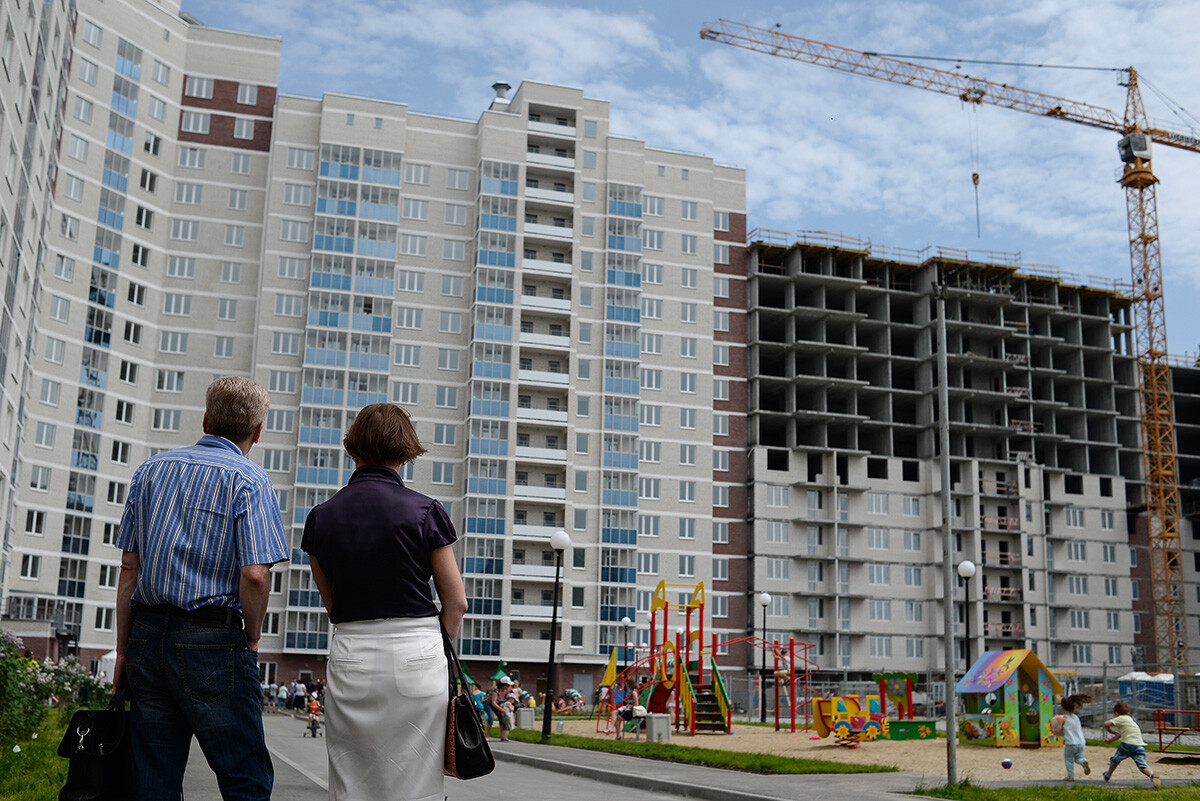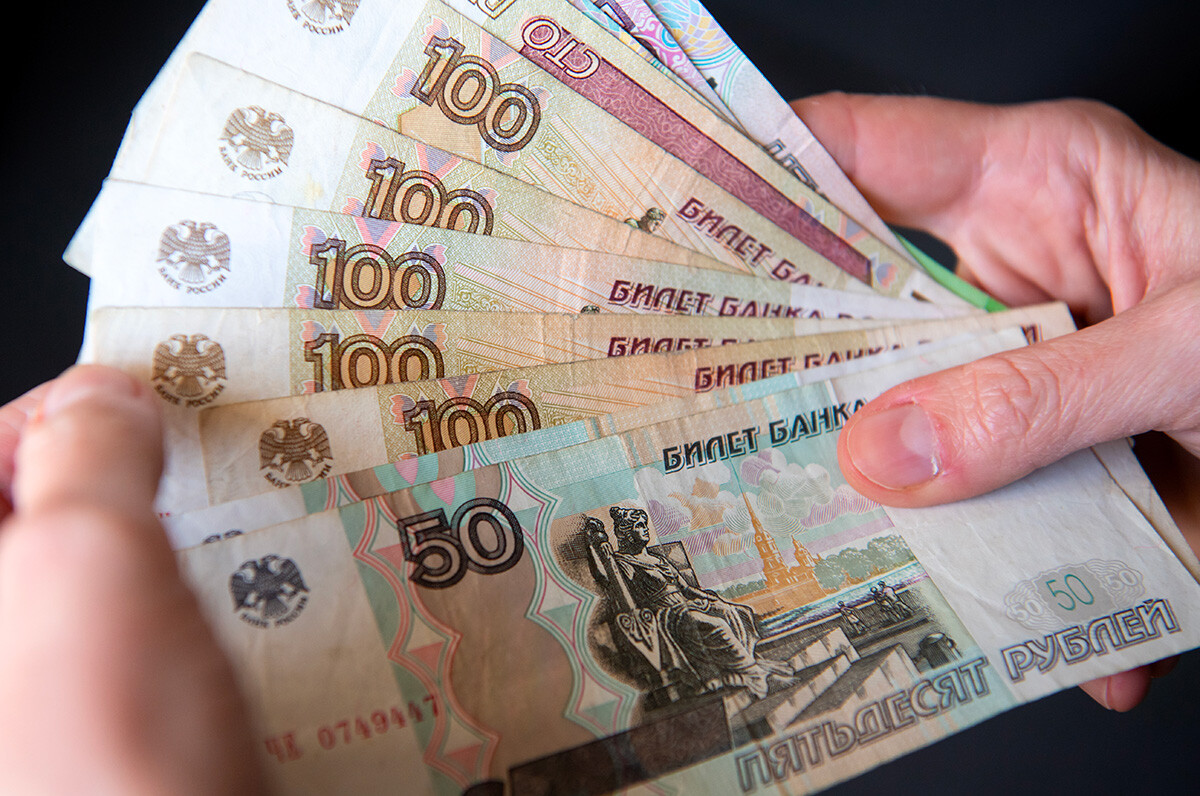

Is it possible for a foreigner to get a loan in Russia? Yes, but it’s complicated.
There’s good news if you want to put roots down in Russia. While chances are you won’t get a consumer loan, when it comes to a 10-million ruble mortgage – the situation is much simpler.
In general, Russian banks prefer not to give consumer loans to foreign citizens. There are two reasons for this: the high risk of non-payment and disappearance, as well as complications with checking the borrower’s credit history. The largest banks currently don’t have special loan programs for foreign citizens. However, foreigners can apply for a mortgage secured by the acquired property. In this case, the bank has a guarantee that it will get its money back.
Starting March 1, 2022 only foreign citizens from countries not on the list of unfriendly countries can apply for a mortgage. This list, approved by the Russian government, now includes 49 countries, and their citizens are subject to a special procedure for conducting financial operations. For example, U.S., Canadian, UK, Japanese, and EU citizens can’t get a mortgage in Russia at all. But the citizens of other countries (for instance, Brazil or India) can apply at a bank for a mortgage.

The full list of documents should be specified at the bank at the moment of application.
Among Russia’s leading banks only Sberbank and Raiffeisenbank give loans to foreigners. At Sberbank, a borrower can obtain a mortgage from between 300,000 to 100 million rubles (from $4,900 to $1,640,000). One should be 21 to 75 years old, and the duration at their current place of work should be no less than three months. In this case, the mortgage loan applies to a land plot or real estate in Moscow, the Moscow Region, or St. Petersburg (excluding Kronshtadtsky District). Sberbank clarified that the borrower should also participate in the bank’s salary project.
Raiffeisenbank considers applications from foreign citizens aged 21 to 65 years old with a minimal recent work experience of six months, and with total work experience of no less than one year. There’s a limit on a minimum salary required for the mortgage – for Moscow, it should be no less than 20,000 rubles (about $330) per month. The maximum amount of a mortgage loan is 40 million rubles ($656,000).
The interest rate for foreign citizens is set during the application process and could be higher than for Russian citizens because state support programs and specific campaigns don’t apply to loans for foreign citizens. Also, you might need a co-borrower to secure the funds (usually – one’s spouse).
Foreign citizens are recommended to file an application for a loan at a bank and not online. This way, your chances of filling out all the documents correctly and receiving a positive response are higher. The response from the bank usually comes in 10 to 16 business days.

Picture Alliance/Getty Images
Foreign citizens can apply for a loan from microfinance organizations since their verification requirements are lower. However, the decree on unfriendly countries also applies here. Loan rates in such organizations could be higher (1% per day), while the loan amount at the first visit may be limited to just 10,000 rubles ($164).
It’s believed that microfinance organizations are more lenient in providing loans than large banks, but they usually work with Russian citizens or citizens of the CIS countries. For example, Poydem! (Let’s go!) service focuses on customers from Kazakhstan, Kyrgyzstan, Uzbekistan, and Tajikistan. Aside from the aforementioned countries, the Zolotaya Korona (Golden Crown) service issues loans to citizens of Azerbaijan, Georgia, Belarus, and Moldova.
To apply for a loan, it’s necessary to show your passport, permission to stay in the Russian Federation (migration card / permanent residency permit / temporary residency permit), and (temporary or permanent) registration at one’s place of residence.
Dear readers,
Our website and social media accounts are under threat of being restricted or banned, due to the current circumstances. So, to keep up with our latest content, simply do the following:
If using any of Russia Beyond's content, partly or in full, always provide an active hyperlink to the original material.